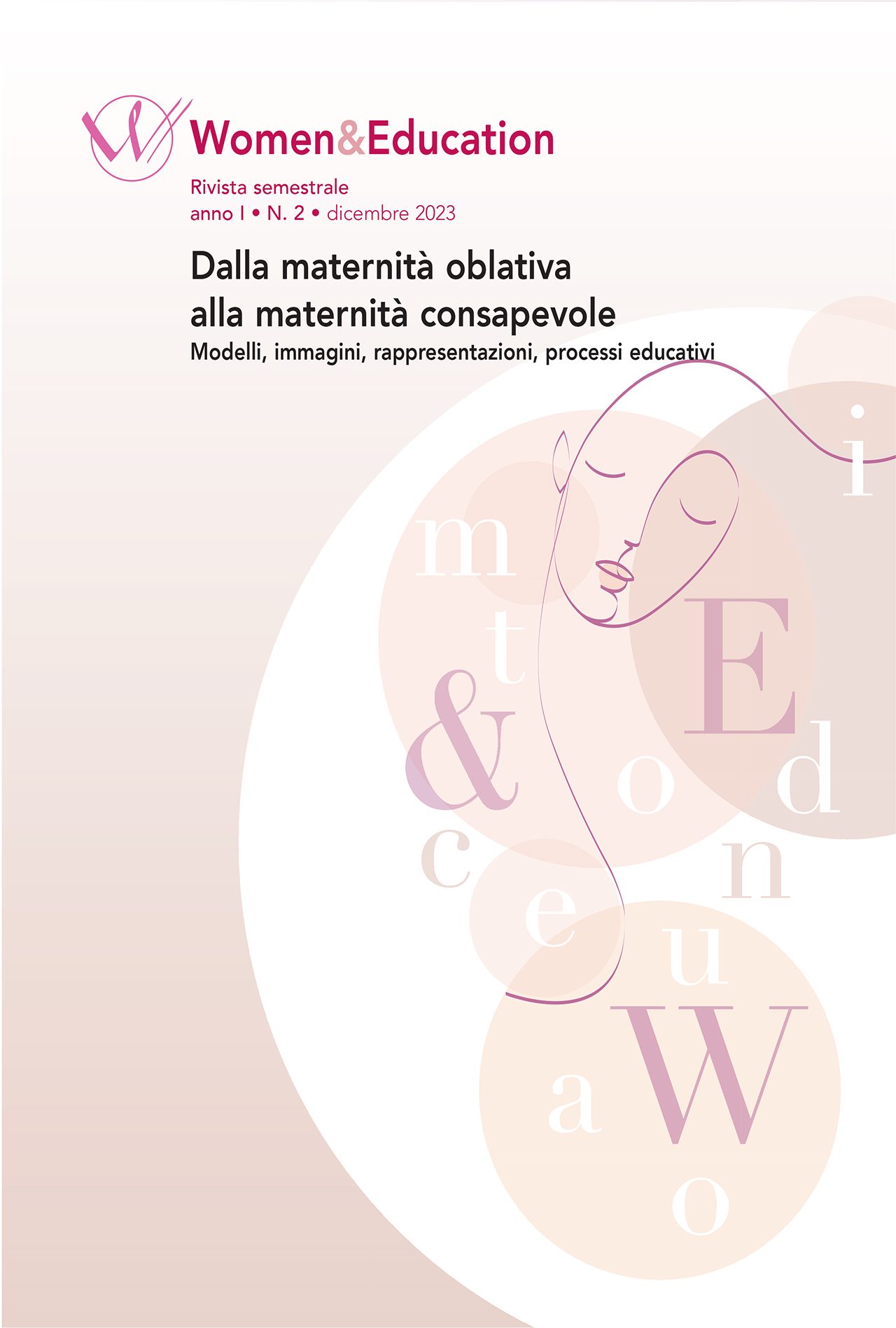Rainbow Families. When mothers (but also fathers) are two
DOI:
https://doi.org/10.7346/-we-I-02-23_07Keywords:
Families, Rainbow families, Pedagoy and rights, Changes, Education and critical conscienceAbstract
In the 1970s it was written and said that the family was dead; now we know that it is not so and we even know the reason why; the family is not dead because it has changed, it has managed to diversify, embracing within its definition a multiplicity of scenarios that are different from the traditional view of a heterosexual couple with (ever fewer) children. It now seems closer to reality to talk about families in the plural, even though there are those who want to consider a true family only the so-called “normal” family. However these are defence mechanisms, often with manipulative intentions, as changes are so profound that we certainly cannot predict the future, but now we know that there is no turning back.This plurality of ways to form a family, rainbow families - mainly formed by a nucleus of individuals of the same sex - emerges as an acknowledgement of multiplicity and of normalization, albeit belated and ambiguous insofar as the recognition of children by these couples is not yet addressed in national legislation. This is what is discussed in this contribution, with a question that is crucial in relation to the vocation of the publication itself. Is it appropriate that our specialist field of study, pedagogy, goes into the merits of issues that mainly concern rights? The answer can be in the affirmative if we consider education sciences as a meta-discipline that gathers and transforms the issues raised by other fields of knowledge into stimuli and formative reflections, insofar as the educational translation of dilemmas, ambiguities and changes related to the contemporary world mean preparing and preparing ourselves for them by elaborating critical thought and a critical conscience that are as autonomous as possible.
Downloads
Published
Issue
Section
License
Copyright (c) 2024 Women&Education

This work is licensed under a Creative Commons Attribution 4.0 International License.

